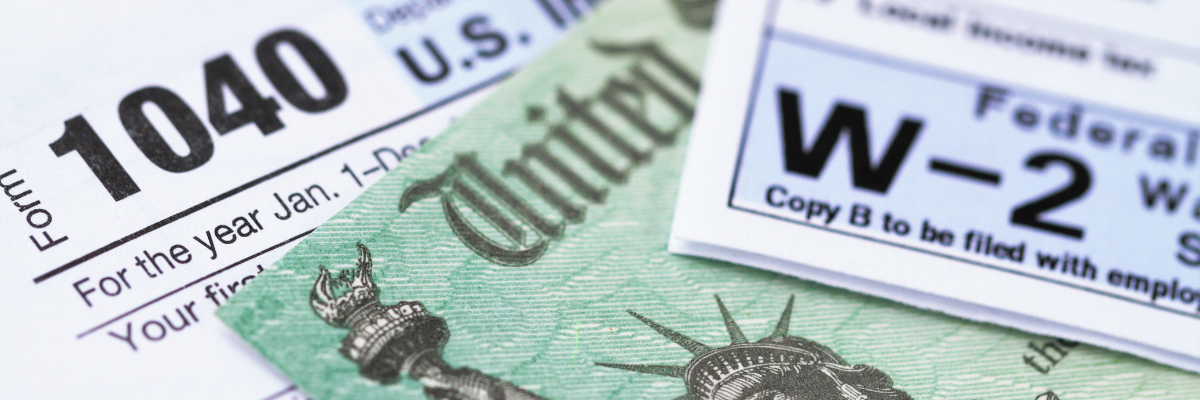When Susan Fowler found herself on the receiving end of inappropriate chats from her male manager, she documented the exchange and reported him to the company’s human resource department. Fowler, who was at the time an engineer at Uber, thought they would handle the situation. Instead, she was told to either find another team or remain in her current position and risk getting a negative performance review from that manager later on.
This was the first in a series of disappointing interactions that Fowler had with the company’s human resource department. After she left the company, Fowler wrote a widely shared blog about her experience, which triggered an internal investigation and eventually led to the firing of more than 20 employees. It also raised important questions about the way that human resources departments deal with issues like sexual harassment and discrimination. What role should HR play at a company? And why did Uber’s HR department do nothing to protect Fowler?
Turns out, the role of HR was never to protect employees. Their number one priority was always to protect the company. It just so happens that sometimes the two align.
From keeping unions out to being compliance cop
Human resources departments started in the early 1900s when companies were trying to figure out how to reduce turnover and maximize performance through new compensation systems. The HR staff would conduct exit interviews and collect grievances about issues that caused companies to lose employees or led to unionization efforts.
"By the 1930s human resources started to become and be seen as advocates for employees and the reason for that, frankly, was because companies were trying to keep unions out,” explained Peter Cappelli, professor of management at The Wharton School at the University of Pennsylvania and director of the Center for Human Resources. “The idea of being able to tell people at the top of the company: ‘Hey, the workers are unhappy about this’ really mattered because they cared whether workers were unhappy because they thought they might unionize otherwise. In that period, HR developed this kind of reputation as being the workers' advocate and that's probably true up to 1970.”
Then in the 1980s, union membership began to drop off and companies no longer wanted to hear about what people wanted. They had other things to worry about — like making sure that they were complying with all of the new worker protection laws that were being passed.
"By that period, HR's mandate kind of shifted to protecting the company,” said Cappelli. The main task for HR was — how do we stay out of trouble with the government? “In those periods, we started to see HR becoming much more of the compliance cop and trying to make people behave on issues of sexual harassment, discrimination, those sort of things," he explained.
And while the main mandate was to protect the company, sometimes that also meant protecting employees — like if they were being discriminated against by their line manager or harassed. In this case, HR would want to interfere to protect the employee from their manager in order to prevent a potential lawsuit.
This is also why a lot of the sexual harassment claims in the workplace end up being settled, instead of going to court. Typically, such settlements come with a non-disclosure agreement, which ends up protecting the company’s reputation.
Should you trust HR?
While employees should not think of HR as an employee advocate, there should be an expectation that HR would take employee complaints seriously, according to Cappelli.
“When someone is breaking the law, the expectation should be that they are not going to blow you off,” he said. "They are the company's representative. They are protecting the company. In some cases that means taking what you say really seriously."
However, not everyone trusts HR to handle these types of situations — especially not if they have had an experience similar to Fowler’s.
“I desperately wanted to not have to interact with HR ever again,” Fowler wrote in her blog.
While 61 percent of employees believe that trust between employees and management is important, just 33 percent are actually satisfied with their relationship, according to the 2017 survey conducted by the Society for Human Resource Management.
Uber does not deny that its HR department failed in its handling of Fowler’s complaints.
“As I dug into several issues in Susan's blog, it was very clear to me that she wasn't well-served by the HR team,” Liane Hornsey, who joined Uber as chief human resources officer just weeks before Fowler’s blog was published, told the Associated Press.
Afterwards, Uber held 200 listening sessions with its employees. Yet most complaints that echoed Fowler’s did not come up during those. Instead, they were submitted over the anonymous “integrity” hotline set-up by the company.
Investors want robust HR ... to protect their investment
Hornsey told the AP that the HR team at Uber was “inadequate numerically” and that junior employees were “given too much to do without enough guidance.”
“What happens is in a startup that is super successful, that is absolutely the business end just growing, growing. Often the processes and the support functions get left behind,” she said.
Uber is an example of how not to do things when it comes to HR, said Raffaella Sadun, a professor at Harvard Business School who focuses on strategy, management and organizational change. According to her, many founders think they can do everything themselves and have a tendency not to delegate even as the company grows.
"Making that shift is not easy because it goes against the primal instinct of the founders, in majority of the cases," explained Sadun.
That might be why Uber did not hire its first official head of HR until 2014. By then, the company already had around 500 employees, according to Recode. Uber employees who spoke with Recode said that Travis Kalanick, the founder and then-CEO, believe HR’s job was “largely to recruit talent and also efficiently let go of personnel when needed.”
Kalanick is not the only one to think like this.
While investors are concerned about compliance with anti-discrimination and equal employment opportunity regulations, their main concern is whether the company they are investing in has the right talent to be competitive, said Bill Filip, who advises investors as a co-founder and managing director of Delancey Street Partners.
“If you do not have a strategic and thoughtful HR capability I think you're at much bigger risk of literally being uncompetitive or irrelevant in your market space,” he said. “I honestly think that the companies are winning today are winning because they understand that they have to have the best talent. I know that sounds really trite but it is absolutely true and there's so many great market examples of that.”
Investors should insist on robust HR departments at startups because many modern entrepreneurs have never worked for big companies and as a result “never learned this stuff,” said Cappelli.
"It's fair to say that the kind of people that start companies, typically are people who don't know much about management,” Cappelli said. "Then you start seeing companies like Uber where they think it's perfectly normal to fondle people in the office and do shots as part of company meetings," he added.
https://www.marketplace.org/2017/10/30/business/human-resources-protect-employee-employer
Sign up for our newsletter.




